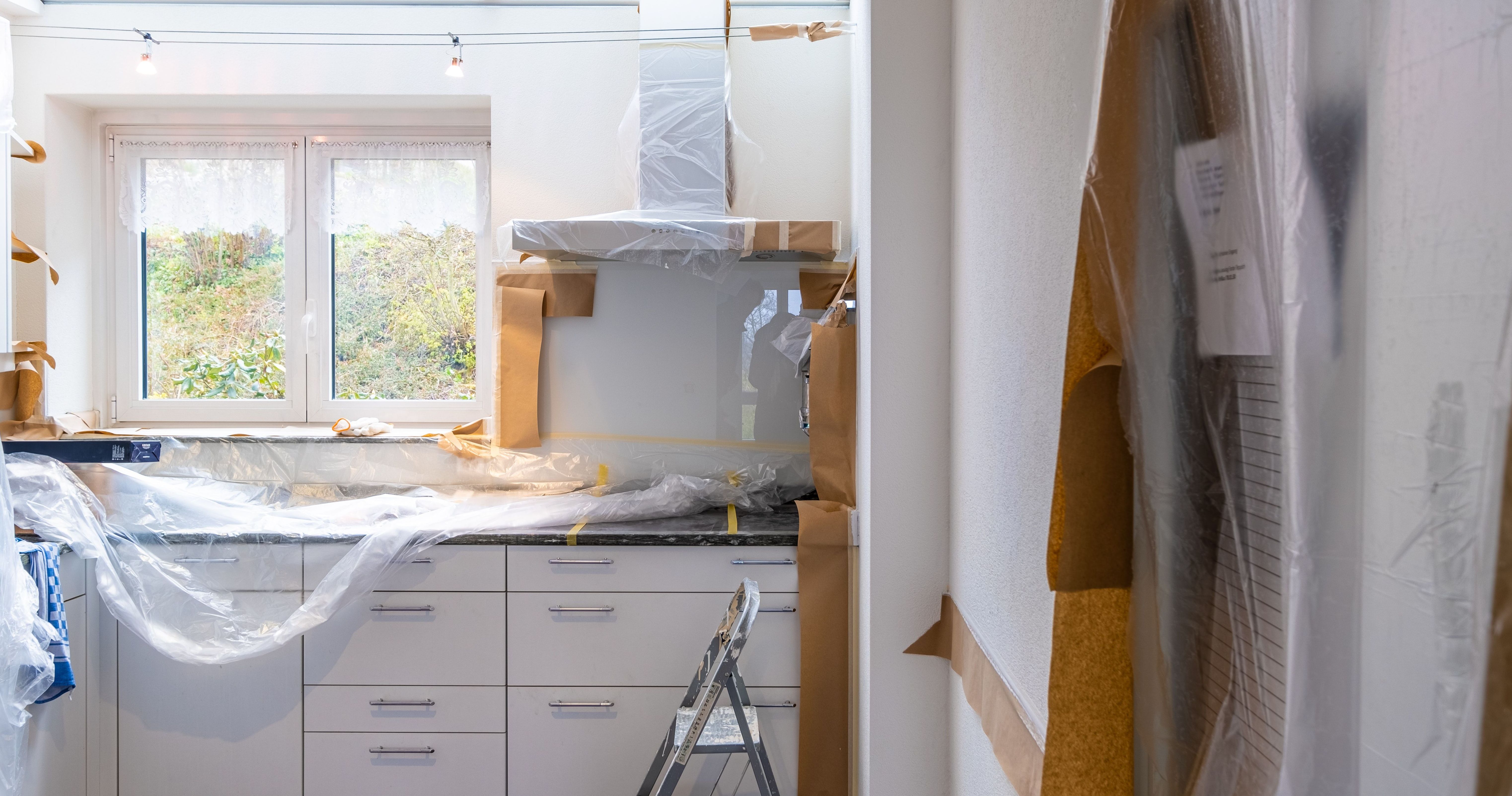Home improvement projects can be fun, but you shouldn’t attempt just any project— and this is for a few reasons. The first is that some home improvement projects require some or complete restructuring and require a professional. These projects are known as home remodels, and examples include adding on to your home, expanding a room, and even finishing a basement or an attic.
On the other hand, home renovations are cosmetic changes to your home that don’t change the purpose of a room or create something completely new. Examples of renovations include installing new flooring, kitchen countertops, or even painting the walls.
The next thing you want to think about before attempting a home improvement project is how it will affect the value of your home. Contrary to popular belief, not all home renovations or remodels will add value to your home.
Home Improvement Projects that Increase Value
Add Liveable Square Footage
Increasing the square footage of your home will increase your property value, and there are a few ways that you can achieve this. One way is to add on to your home. This can be done by building on a completely new addition, or by extending an existing room. Another popular option to consider is exploring the versatility of loft style designs offered by Visionary Lofts London, which can provide additional living space while adding a touch of modern elegance to your home.
Another way to create liveable space is by finishing a room, such as your basement, attic, garage, or even by closing in your porch. Basements are the most popular and usually the easiest rooms to finish. You’ll need to hire a contractor to install new flooring, finish the walls and ceiling— all before you can properly furnish it. Depending on how large your basement is, you may be able to install a small kitchen and even a bathroom.
Expand Your Backyard
These days, backyards are an extension of the home, so if your back yard is treated as a second liveable, entertainment space, then it will greatly increase your overall value. Adding a patio with adequate seating space and an outdoor kitchen is the best route to take with your backyard. You may also want to consider some small water features, as a full swimming pool may not always increase property value for all homes.
While you’re improving your backyard, don’t neglect the front yard. This is usually the first part of your home that’s seen from the curb (which is why it’s called curb appeal), so make sure that your lawn is mowed and watered, and pressure wash your home before deciding if it needs a new coat of paint.
Home Elevator
If you have a multi-story home, consider getting a sleek home elevator installed. These aren’t bulky like commercial elevators, so you don’t have to worry about them taking up too much space in your home. Residential elevators are considered universal home designs, meaning that these designs can be beneficial to anyone who may buy your home in the future, no matter their ability level.
Home Improvement Projects that Decrease Value
High-End Kitchen and Bathroom Renovations/Remodels
Although kitchen and bathroom improvements can add a lot to the value of a home, overdoing either of these can cost you more money than what the improvements will add to your home. There’s also a lot more room for mistakes with these types of home improvements, which can make these projects even more costly.
Swimming Pool or Hot Tub
Again, pools and hot tubs don’t add much value to all properties. One problem with these types of water features is that they require a lot of maintenance, and they can be seen as a hazard to families with children. It’s also not a good idea to add a pool to your home if you live in a colder climate. However, if you live in a warmer climate, it’s worth it to research your area to see if a pool and/or hot tub will add to your property’s value.
Too Much Carpet
When considering new flooring for your home, the general rule is that almost any type of flooring except for carpet will increase property value. This is because carpet is harder to maintain— it wears down easily and it traps allergens and moisture. Hardwood, laminate, and vinyl flooring will increase property value, but having carpet throughout your entire home will decrease it. If you must have carpet, keep it confined to low-traffic areas, such as the bedrooms.
Of course, if you plan on staying in your home you can do whatever improvements you’d like to it— as long as it’s allowed by your homeowner’s association and you have the proper permits. Still, you should keep in mind the universal designs as they’ll make your home safer to live in as you age.

